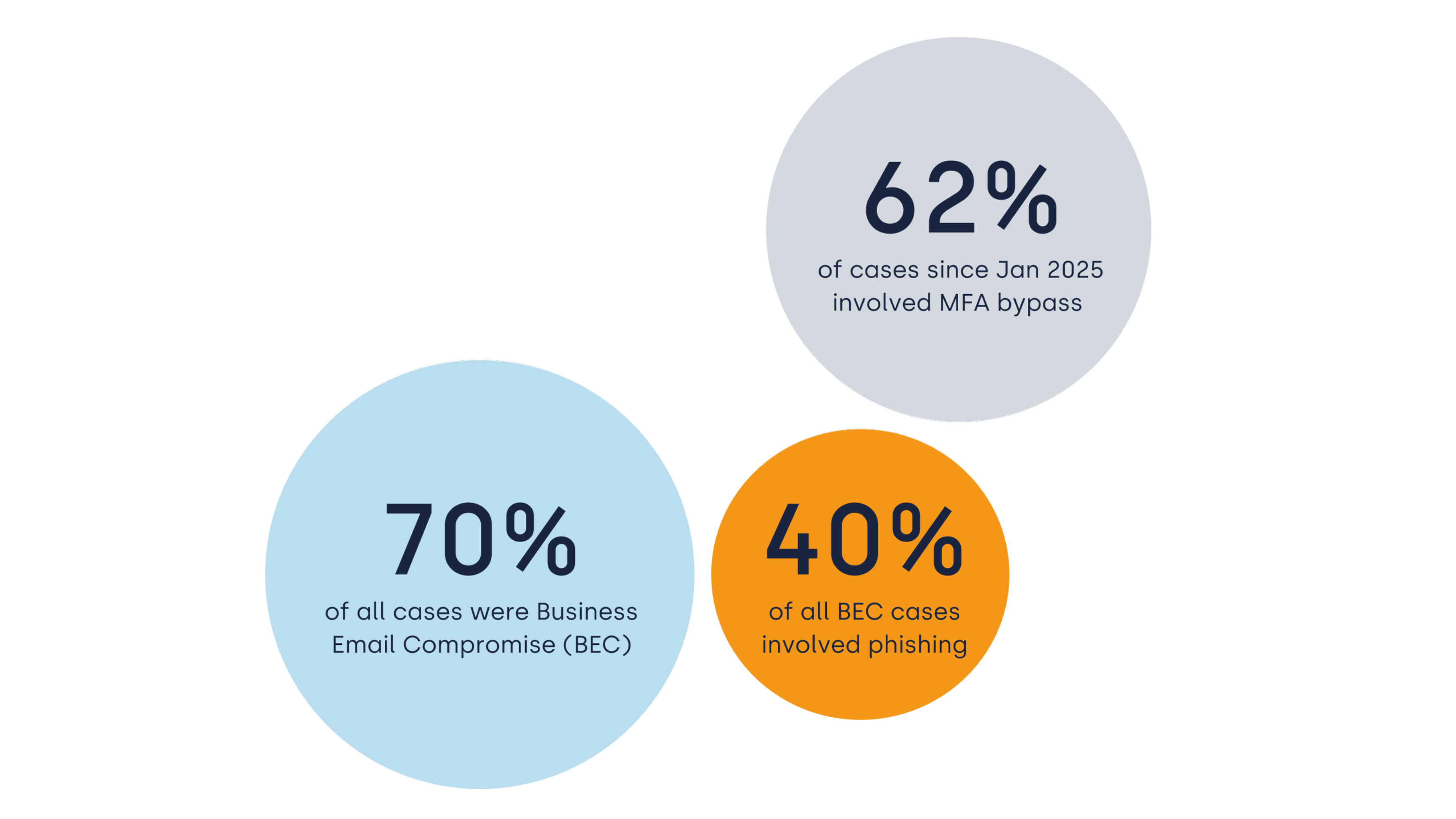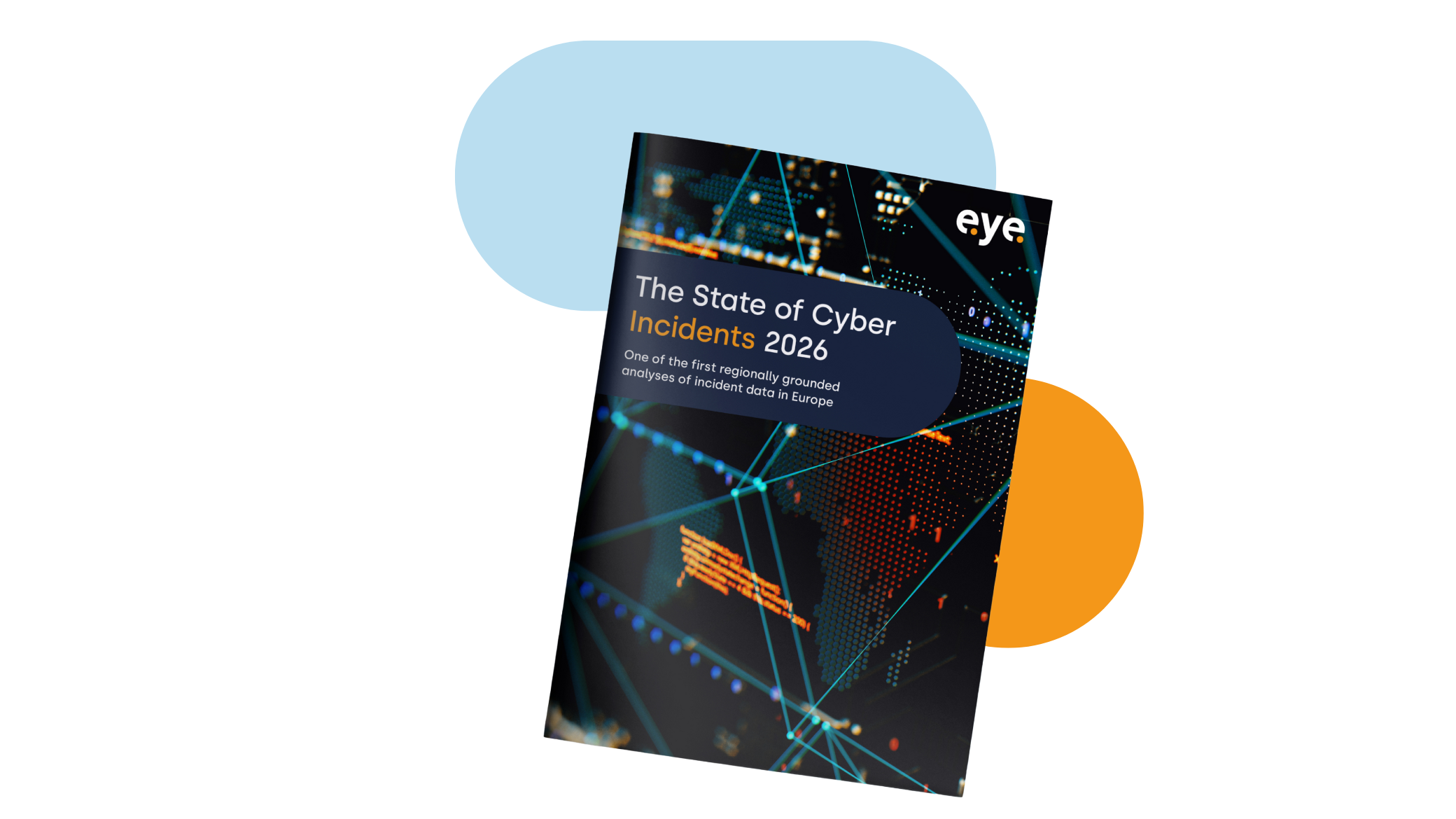Cybersecurity compliance can seem daunting. With so many new regulations coming into force – and terms like NIS2 and DORA – where do you even begin?
Getting to know their names is a good start.
Here, we’ve outlined some key regulations you might have heard about, and identified who’s impacted by them.
Cyber Solidarity Act
The Cyber Solidarity Act aims to strengthen the EU’s capacity to detect and respond to significant large-scale attacks.
Who’s impacted and how: While there’s no immediate individual impact, the Act improves collaborative cyber posture – for instance, by establishing the < Cybersecurity Incident Review Mechanism> to review incidents, with an aim towards sharing lessons learned and to facilitate strategic cooperation among Member States and their respective Computer Security Incident Response Teams (CSIRTs).
The Digital Operational Resilience Act (DORA) and cybersecurity risk management measures
High-profile disruptions at European banks have highlighted specific vulnerabilities in this sector. So the EU developed The Digital Operational Resilience Act (DORA) as a detailed framework for managing ICT risk for businesses in the financial industry. DORA mandates that private entities in the financial sector implement appropriate security measures to manage ICT risks.
Who’s impacted and how: European financial institutions, specifically.
NIS2 for network and information systems
‘The big one’, aka the EU’s mandatory cybersecurity directive. The NIS2 Directive aims to increase EU cyber resilience by requiring critical entities to implement cybersecurity risk management measures that protect their IT systems and networks. These include conducting risk assessments, establishing incident response plans, and reporting significant cyber incidents. Essential and important entities must manage risks to their network and information systems to ensure the resilience of essential services.
Who’s impacted and how: If your business provides essential or important services in the EU, you’re impacted. National authorities are responsible for overseeing compliance with the NIS2 Directive, which includes reporting obligations for significant cyber incidents. Effective risk management processes are mandated to prevent and minimize the impact of incidents.
From European directive to the Cybersecurity Act
Cyber law isn't just about EU – it's about protection for your business
The risk of a fire is 1/5000. Yet most businesses in the EU have controls in place to avoid fires from happening and spreading.
The risk of a cyber attack on your business is much higher at 1/5. And much like a fire, if not contained, it could destroy your business.
So working on your cybersecurity is more than just compliance. It’s about taking sensible steps to protect you, especially because you have a digital footprint that outsiders could access. Implementing cybersecurity risk management measures is crucial to safeguard your network and information systems. Access our free NIS2 resource hub for more information.
Complete EU cyber protection for essential and important entities
As a leading cybersecurity solutions provider for EU businesses, we’re here for your journey. For businesses who don’t have the in-house resources, our full-package solutions can help get ahead by providing 24/7 protection, swift and expert incident response, and even cyber insurance. Our services also ensure compliance with the more stringent supervisory measures introduced by the NIS2 Directive, helping businesses meet enhanced oversight requirements and strengthen their cybersecurity resilience.
Schedule a quick demo of our fully managed cyber security solution and see why European businesses rely on Eye Security.







